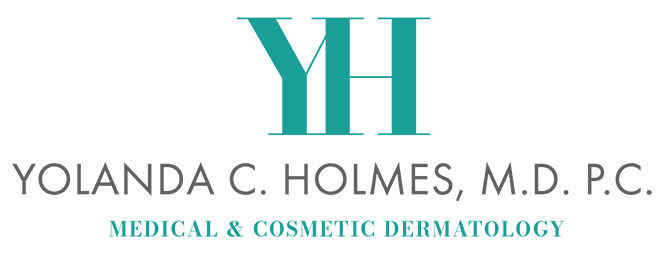

A keloid is a type of raised scar that forms due to an overgrowth of scar tissue. It is often characterized by its thick, irregular shape and can be larger than the original wound or injury that caused it. Keloids can be itchy or painful, and they may continue to grow over time.
Keloids can develop in anyone, but they are more common in individuals with darker skin tones. People who have a family history of keloids or who have had previous keloids are also more likely to develop them.
TREATMENT
Keloids can be difficult to treat, but there are several options available. These include corticosteroid injections, cryotherapy, surgical removal, and laser therapy. The specific treatment used will depend on the size and location of the keloid, as well as the patient’s individual needs and preferences.
Keloid treatment can cause some discomfort, depending on the method used and the patient’s pain tolerance. However, most methods involve the use of local anesthesia or numbing cream to minimize any pain or discomfort during the procedure.
Preventing keloids can be difficult, but there are some steps you can take to reduce your risk. These include avoiding unnecessary skin trauma, such as piercings or tattoos, using silicone sheets or gels on scars to promote healing, and avoiding activities that can cause excessive skin tension or pressure.
Keloids can sometimes recur after treatment, especially if the underlying cause is not addressed or if the scar is not properly managed after treatment. However, with proper care and follow-up, the risk of recurrence can be minimized. It is important to work closely with a qualified medical professional to develop an appropriate treatment plan and manage the scar effectively.
If you have a keloid, don’t suffer in silence. There are several treatment options available that can help manage your symptoms and reduce the size and appearance of your keloid. To learn more about your options, schedule a consultation with a qualified medical professional by calling us at 202-737-6800. We can evaluate your individual needs and help develop a customized treatment plan that works for you.
© Copyright 2023 Yolanda C. Holmes, M.D, P.C